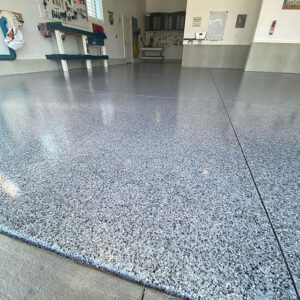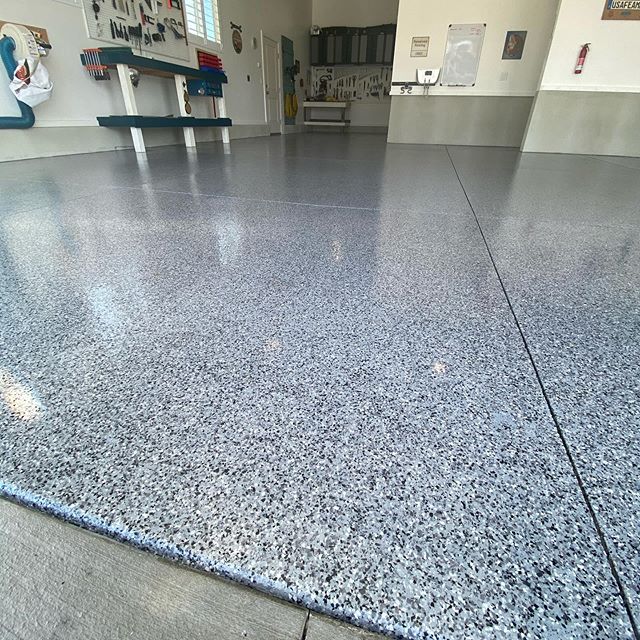If you are in the process of building a new garage, you might want to consider using Epoxy Garage flooring system. Not only is it easy to clean, but it also has a heat resistance and chemical resistance. This will ensure that your new garage will last for years to come.
For an affordable, attractive, and durable floor, you may want to consider epoxy garage floors. They’re designed to be easy to clean, maintain, and are resistant to spills and stains.
They are also durable and scratch resistant. You can find epoxy in your garage in many colors and styles.
It’s a good idea to consider the durability of epoxy garage flooring when you’re refinishing your garage. You’ll save money in the long run if you don’t have to replace your floor as often.
One of the main reasons that epoxy is so durable is that it creates a solid bond with concrete. A good epoxy will last for years. A good floor can withstand a lot of wear and tear, including impact, chemical spills, and vehicle traffic. It is also resistant to water and heat, making it perfect for garages.
However, before you can install an epoxy floor, you will need to prep your concrete surface. It will need to be completely free of oil and grease. You should also inspect your concrete for cracks. Then, you’ll need to fill those cracks. Once you’ve done that, it’s time to apply epoxy.
You’ll be able to choose from three types of epoxy for your garage. The best choice for your needs will depend on the size of your space. It will also be determined by the amount of light in your garage.
You’ll also need a grinding machine to get the job done. It’s a simple, inexpensive process, but it does require a fair bit of preparation.
An epoxy garage floor is a great way to increase the value of your home. It’s durable, easy to clean, and can withstand even the most extreme impact.
When it comes to cleaning an epoxy garage floor, the best way to go is to use general-purpose cleaners that are safe for the surrounding areas. These may include a non-butyl degreaser, a vinegar solution, and ammonia.
Using a lactic acid-based cleaner is another option. This type of solution works by neutralizing any chemicals on the floor, which helps keep them from affecting the finish. Once the surface is clean, you can wash it with water.
A dust mop is another great tool to use when it comes to cleaning an epoxy garage floor. This will help remove any dirt and debris that might get trapped. A good quality hard foam mop can work well too.
A soft scrub pad can also be used on an epoxy garage floor. You should avoid scrubbing too hard, though, as this could cause the epoxy to dull its glossy finish.
Having a shop vacuum with a soft brush attachment is also handy. This can be used to pick up any loose debris, including oil and other car chemicals.
Having a microfiber cloth dipped in water is also an effective method of removing small stains. You can even use this method to remove blemishes from the surface.
A small spray bottle of Simple Green is also a good choice for cleaning an epoxy garage floor. This consists of a mix of water and a non-toxic, biodegradable cleaner. It’s easy to use, and it will work to lift stubborn stains and rust off the surface.
Having a proper routine for cleaning an epoxy garage floor is a must. Depending on how often you use your garage, you should schedule a cleaning at least once a month. However, if your garage is very busy, you’ll probably want to do this every three or four months.
A good epoxy garage has a heat resistance and is durable. Whether you are a mechanic or an artist, a garage with an epoxy floor can keep your work safe and protected.
Depending on your use of the garage, you might be looking for different types of coatings to protect your floor. You might be interested in a coating that is stain resistant and easy to clean.
Alternatively, you might want to consider a coating that has a high-strength, durable surface. This type of coating is more likely to hold up to the weight of your vehicle.
You might also consider getting a coating that is able to handle extreme temperatures. Several heat-resistant resins can withstand up to 600 degrees Fahrenheit.

